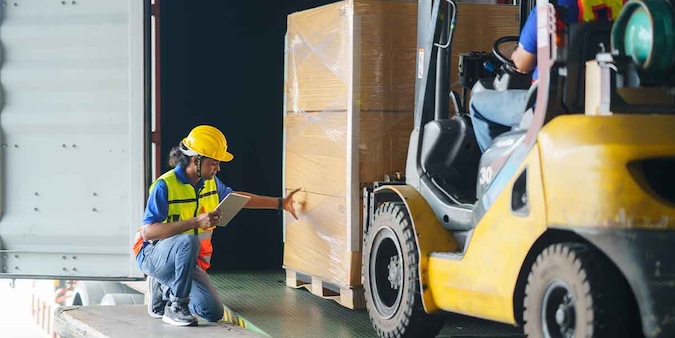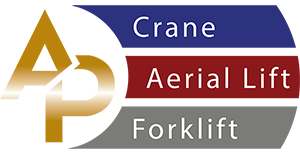
Forklifts are indispensable machines in various industries, offering efficient material handling and lifting capabilities. With all of the different styles and models of forklifts and their lifting capacities, safety considerations, and many more factors, "forklifts" can potentially lift all the way up to 120,000 lbs.
Forklifts and Lifting Capacity
Forklifts, also known as Powered Industrial Trucks or Lift Trucks, are industrial vehicles designed for lifting and transporting heavy loads. These machines are commonly used in warehouses, construction sites, manufacturing plants, and distribution centers. The lifting capacity of a forklift refers to the maximum weight it can safely lift and carry.
Forklifts come in various classes and types, each designed for specific tasks and environments. The classes are determined by the forklift's power source and intended use. Some common forklift types include counterbalance forklifts, reach forklifts, telescopic handler forklifts, rough terrain forklifts, and order picker forklifts.
Factors Influencing Forklift Lifting Capacity
The lifting capacity of a forklift is influenced by several factors, including the load center, weight distribution, mast height, attachments, and tire type. The load center is the horizontal distance from the fork's face to the center of gravity of the load.Mast height and tilt also affect lifting capacity. Taller masts can lead to reduced capacity, especially when lifting loads at full height. Attachments, such as side shifters or fork positioners, alter the load's distribution and impact capacity.
Tire type and size play a role in stability and weight distribution. Cushion tires are suitable for indoor use, while pneumatic tires are better for outdoor terrain.
With our forklift training train-the-trainer program, you can empower your personnel to become experienced teachers and impart comprehensive forklift knowledge to your operators, enhancing your organization's training capabilities.
Different Types of Forklifts and Their Capacities
Counterbalance Forklifts: These are the most common type of forklifts. They come in various sizes and capacities, with the ability to handle different load weights.
Reach Forklifts: Ideal for narrow aisles, reach forklifts have extending forks that allow them to reach the load.
Telescopic Handler Forklifts: These are commonly used in agriculture and construction. They have a telescopic boom for extended reach.
Rough Terrain Forklifts: Designed for outdoor use on rough surfaces, these forklifts have larger tires for better traction.
Order Picker Forklifts: These are used in warehouses for picking individual items from shelves. They have a platform for the operator to stand on.
Safety Measures for Operating Forklifts
Safety is paramount when operating forklifts. Load limits and stability must be strictly adhered to. Operators should undergo proper training and certification, and they should conduct pre-operational inspections to ensure the forklift is in good working condition.
Proper loading and unloading techniques are essential to maintain stability. Loads should be centered on the forks and properly secured. Additionally, avoiding abrupt movements and sharp turns reduces the risk of tipping.
Calculating Forklift Load Capacity is crucial to consider the manufacturer's specifications, load center, and load moment. Attachments also impact capacity and should be factored in.
Optimizing Forklift Efficiency and Performance with regular maintenance is key to ensuring optimal forklift performance. Load positioning plays a role in stability, and overloading should be avoided at all costs. By adhering to load capacity guidelines and proper maintenance routines, forklift efficiency can be maximized.
The Impact of Forklift Technology on Lifting Capacity has led to innovative features that enhance forklift performance and safety. Sensor systems can provide real-time feedback on load weight and distribution, while automated forklifts can optimize lifting operations.
Understanding a forklift's lifting capacity is essential for safe and efficient material handling. Factors such as load center, weight distribution, attachments, and tire type all contribute to a forklift's capabilities. By following safety measures, calculating load capacity, and embracing technological advancements, businesses can make the most of their forklifts while ensuring the well-being of their operators and the longevity of the machines.
Maintain a compliant and trained staff by participating in our forklift recertification course, a critical program that refreshes operators' competencies and ensures safety criteria are met.
